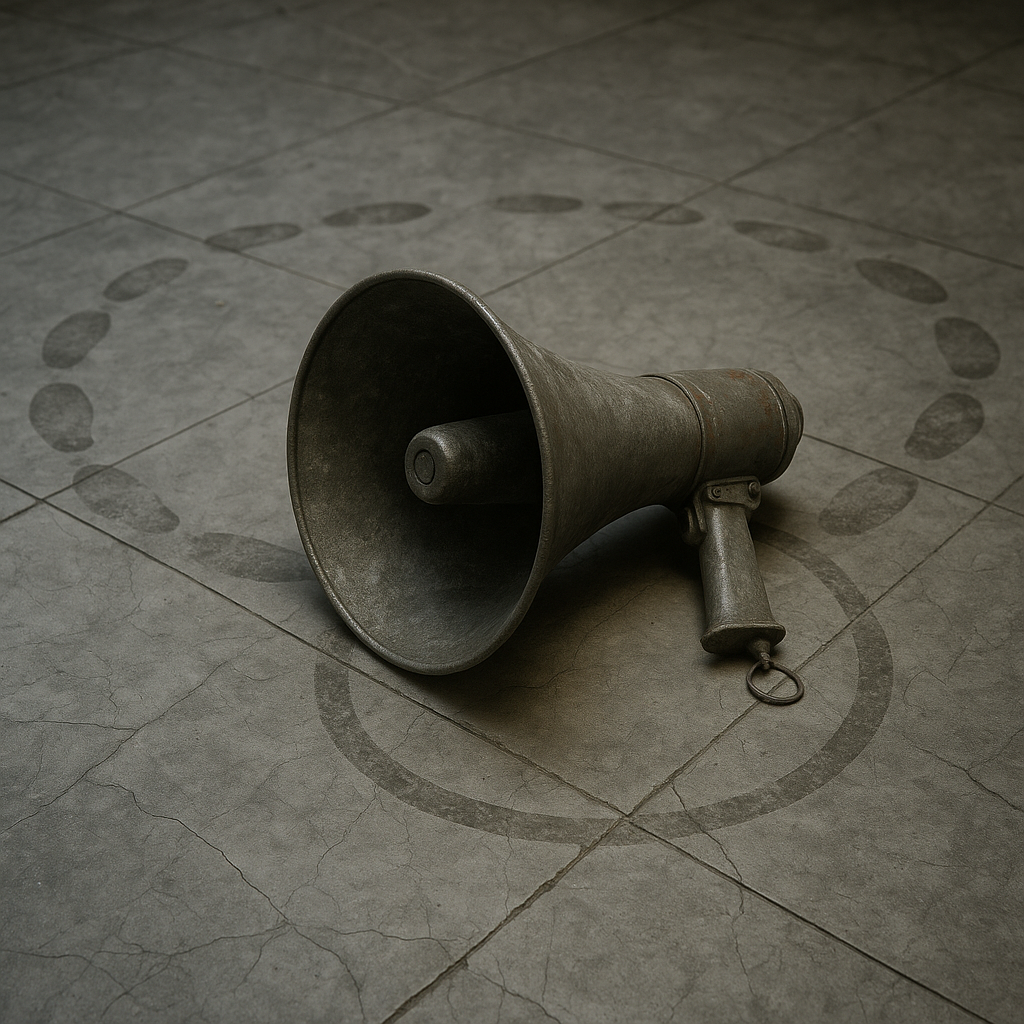In 1977, three psychologists—Lynn Hasher, David Goldstein, and Thomas Toppino—ran a deceptively simple experiment at Villanova University.
They asked subjects to rate the truth of dozens of statements. Some were factual (“The Pacific is the largest ocean”), some fabricated (“Zachary Taylor was the first President to die in office”).
Subjects returned weeks later, shown the same mix. The results were unsettling: false statements, repeated from the earlier session, were now more likely to be believed.
The effect had a name: the illusory truth effect. It’s not about logic. It’s about rhythm. Familiarity. A lie repeated isn’t just remembered—it’s mistaken for truth.
Donald Trump didn’t discover the effect. But he turned it into a doctrine.
Consider the refrain: “The 2020 election was rigged.” It debuted on Twitter before the first vote was cast. It metastasized through rallies, interviews, press conferences, Truth Social posts. Sixty-one court losses later, with recounts certified and audits closed, Trump still chants it.
So do his followers. A February 2024 Monmouth University poll showed 68% of Republicans still believe Biden’s win was due to voter fraud. Not because they saw evidence. Because they heard it. Again and again.
So why does it work?
Because our brains prefer ease over effort. The more often we hear something—even if it’s false—the less cognitive energy it takes to process. Psychologists call it processing fluency. Repetition lubricates the thought.
A repeated phrase flows more smoothly, feels more familiar, and familiarity is a stand-in for truth. It’s a shortcut evolved for survival: if the bush rustles the same way twice, we learn to trust the pattern. Whether it hides a predator or not.
Add emotion to repetition—fear, anger, grievance—and you hardwire belief. You make the lie sticky.
Trump lies the way a drummer keeps time: in rhythm, in setlists. He called COVID-19 “just like the flu” more than 40 times in public speeches in 2020. He claimed he “passed Veterans Choice” over 150 times—though Obama signed it in 2014. “Nobody was tougher on Russia” is another favorite, repeated ad nauseam, even as he froze military aid to Ukraine and praised Putin as a “genius.”
This isn’t sloppy speech. It’s branding. Trump once told journalist Leslie Stahl that his attacks on the press were strategic: “I do it to discredit you all and demean you so when you write negative stories no one will believe you.”
It worked. A 2023 Ipsos-Reuters poll showed over 60% of Republicans believe “mainstream media deliberately misleads.” The lie doesn’t need proof. It just needs a microphone.
The danger of the illusory truth effect isn’t just cognitive. It’s civic. Repetition erodes the friction between fact and fiction. The guardrails of evidence, journalism, science—they bend under the weight of a thousand echoes. Democracy isn’t drowned in lies. It’s worn smooth by them.
So what can you do?
Interrogate repetition. If you’ve heard it before, that’s not evidence—it’s advertising. Cross-check sources. Don’t just read headlines; read studies, court filings, transcripts. And most of all, slow down. Lies work fast. Truth takes a second.
What began as a footnote in a 1977 psych journal has become doctrine in American politics. The lesson is old and brutal: If you want someone to believe a lie, just say it again.
And again.
And again.

